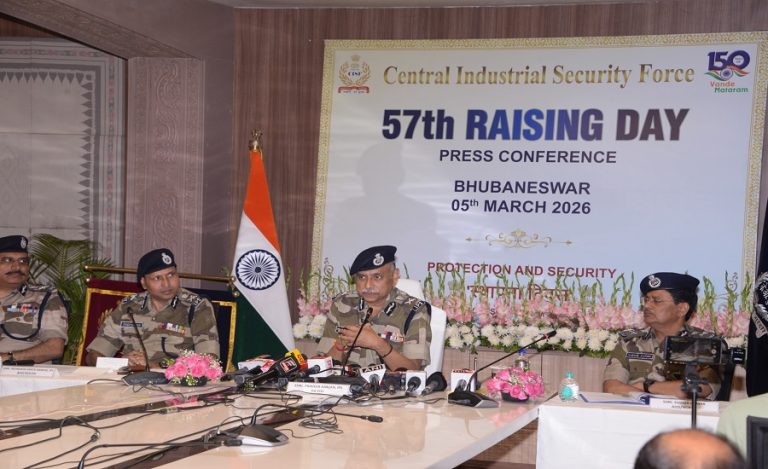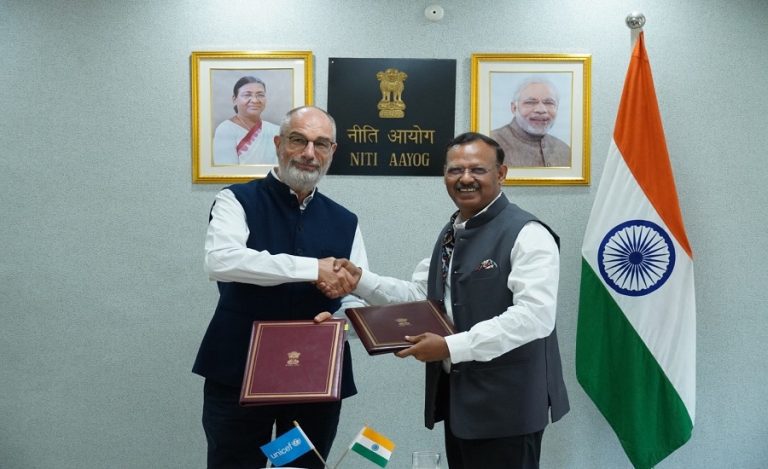In the heart of Udaipur, the once-vibrant Gogunda area now lay shrouded in fear. For the past month, a series of brutal leopard attacks had transformed this pastoral landscape into a hunting ground of nightmares. With the death toll rising to seven, the community teetered on the edge of panic, their daily routines disrupted by the looming threat of the elusive predator.
In response, Principal Chief Wildlife Warden Pavan Kumar Upadhyay issued a controversial order: the leopard was to be shot, but only after stringent prerequisites were met. This drastic measure sparked intense debate – why resort to such extreme action when the forest department typically protects wildlife? Is this the first time such an order has been given, or have there been similar precedents in the past? We delved into the complexities surrounding this dire situation.
Indian Masterminds interacted with Rajesh Kumar Gupta, a 1997 batch Indian Forest Service (IFS) officer & Additional Principal Chief Conservator of Forest (APCCF) – Wildlife in Rajasthan, as well as Ajay Chittora, a 2012 batch the IFS officer & Divisional Forest Officer (DFO) of Udaipur North, to gain deeper insight into this complex case.
THE FIRST ATTACK
The first attack occurred on September 1, when a 16-year-old girl named Kamala Gameti was snatched from the safety of her village, Undithal. That same day, Khumaram Gameti, a 45-year-old man, met a similar fate in Bhewadia. The news spread like wildfire, igniting a palpable sense of dread. Families kept their children close, doors barred, and whispers of the “man-eating leopard” grew louder with each passing day.
The leopard was cunning, moving through the shadows, avoiding traps set by the forest department. Drones buzzed overhead like disturbed hornets, and cages, laden with bait, stood in silence – empty, mocking the desperation of the search teams. Over 150 personnel, including army soldiers, forest rangers, and local police, combed the dense forests, but the predator remained elusive, as if it were a ghost haunting the villages.
Days turned into weeks. Each new attack brought fresh sorrow. Hamari Bai, a 50-year-old woman from Umaria, was next on September 20. Five days later, Suraj, a young man from Kurdau, met his end standing near a field. On September 28, Gatu Bai Gurjar, aged 55, became the fifth victim, and by October 1, the toll rose to six with the death of Kamla Kunwar, a 50-year-old in Kelvon ka Kheda.
THE ORDER
As the body count climbed, the forest department reluctantly acknowledged the leopard’s terrifying transformation into a man-eater. Udaipur’s DFO, Ajay Chitoda, declared a state of emergency. For the first time in 17 years, orders were issued to shoot the leopard if it continued to threaten human lives. The decision sparked outrage among wildlife advocates, who argued that a thorough identification process was crucial before taking such drastic measures.
Speaking with Indian Masterminds, Mr. Gupta stated, “We are following all procedures according to the rules. As per the National Tiger Conservation Authority’s SOP, a committee was formed to address this issue. Following their recommendations, the Chief Wildlife Warden of Rajasthan issued an order on October 1st. This order does not advocate shooting as the first course of action; it is a last resort. There are prerequisites for any shooting. Under this order, local forest officers, in consultation with district administration and police, will first attempt to tranquilize the leopard. If they fail to do so or if an incident occurs during the tranquilization attempt, then they will resort to shooting the animal.”
The department is committed to following all necessary procedures, and every effort is being made to capture the leopard. However, if it continues to pose a threat to the community, there may be no option left but to consider lethal measures.
IS THIS FIRST TIME?
But is this the first order to kill a leopard in Rajasthan? Mr Gupta says no; it’s not the first. Such orders have been issued before, though they occur in rare cases. He recalls that perhaps in 2018-19, there was also an order in Udaipur to kill a leopard.
Additionally, 17 years ago, orders were issued to shoot a man-eating leopard in Pratapgarh during 2007-2008. While wildlife advocates oppose this decision, they argue that, according to the SOP, the leopard should be properly identified before any lethal measures are taken. This identification process includes collecting samples of its paws, stool, and hair.
CONCERNS OF MAN-EATER
In Udaipur, villagers are terrified after within a 5 km radius. Following the tragic killing of two individuals, including a child, in Jhardol area about two weeks ago, the leopard’s movement has been noticeably absent. Local residents claim that the leopard is attacking people and mutilating their bodies. Forest department officials echo these concerns, suggesting that this leopard may have become a man-eater.
DFO Ajay said, “In an effort to monitor the situation, three cages and six cameras have been set up at key locations in Bichiwada. The first attack took place on September 19 in Undithal, part of the Chhali Panchayat in Gogunda, just 10 km from Bichiwada and 40 km from Kirat. This tragic event has sparked urgent discussions about the need for coexistence and effective conservation strategies in the region.”
COORDINATED SEARCH EFFORTS
Mr. Gupta confirmed that recent traces of the animal have been found, indicating that it is still in Udaipur. The Forest Department, alongside teams from the Army and Police, is conducting a thorough search of the entire forest to capture the leopard. Additionally, a tranquilizer team is on-site. Mr. Ajay has advised the community to remain cautious and to avoid leaving their homes alone.


































